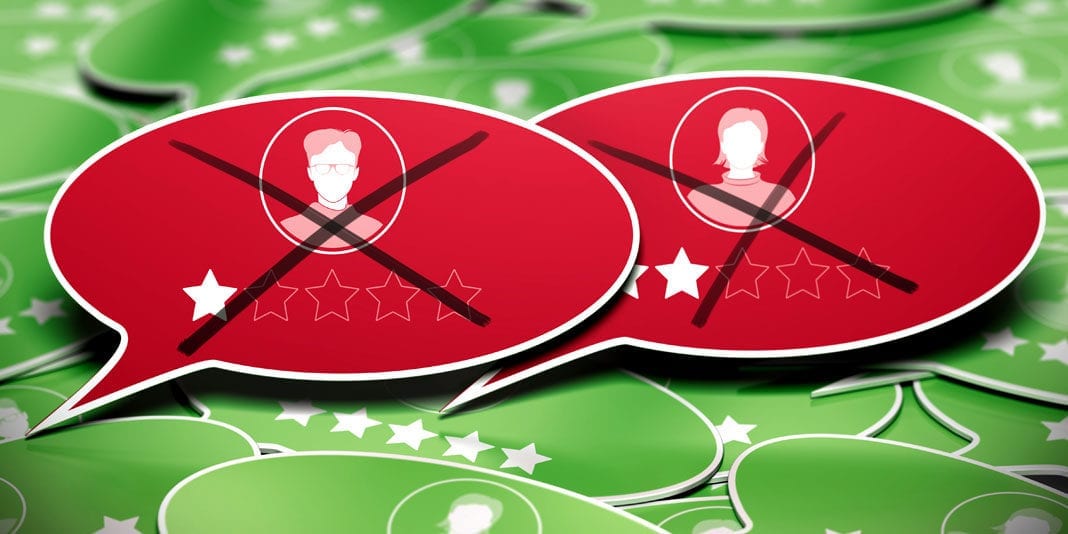We’re all aware of the Sunday Riley fake review scandal, which put us all on high alert for cult faves that might have gotten to the top by cheating. The internet is saturated with reviews, a lot of which are, unfortunately, false.
These reviews could be for anything from home appliances to cosmetics, clothing accessories to even medical procedures. However, wit beauty reviews, there’s a way to differentiate between real and fake. We’re here to highlight these methods.
It doesn’t sound conversational
Sunday Riley asked its employees to leave at least three individual reviews on each of its products, and a lot of these reviews were made up of jargon that a non-specialist wouldn’t understand. The company was since penalized, but it gave the public insights on what fake reviews look like. In essence, if a review or series of reports is filled with beauty buzzwords that do not entirely make sense, the chances are that it’s a fake one.
Frequent repetition
If you notice a trend in the reviews, they could be professionally scripted. These trends include the constant repetition of specific keywords. These keywords could be used by actual people who have used the products, but professional reviewers tend to make it very obvious. In the makeup sector, keywords like pigmented, hydrating, undertones, lightweight, or moisturizing used simultaneously are red flags for fake beauty reviews.
Check the dates
Professional reviewers work with specific deadlines, meaning that they’ll likely post fake reviews on a particular day or week. Hence, if you see about 50 reviews about a particular product published on the same day/week on a low traffic site, chances are they are fake reviews.
Check the low ratings
The truth is usually in the low ratings. Customers who aren’t paid to write reviews will likely leave authentic opinions about certain products depending on the product’s worth to them. Go through the lower ratings, see the loopholes that customers with verified purchases have noticed on the product and compare it to the higher ratings to see the disparity.
Fake reviews are unethical and misleading. They can make you purchase a product that’ll leave you dissatisfied and filled with regret. Vet the reviews you read online. You can also check if the review passes a Fakespot test. Fakespot is a website that determines the likelihood of a review being doctored.
Alternatively, use a trust review site, like Vera Pages, which only allows trusted beauty professionals to review and recommend products.




































